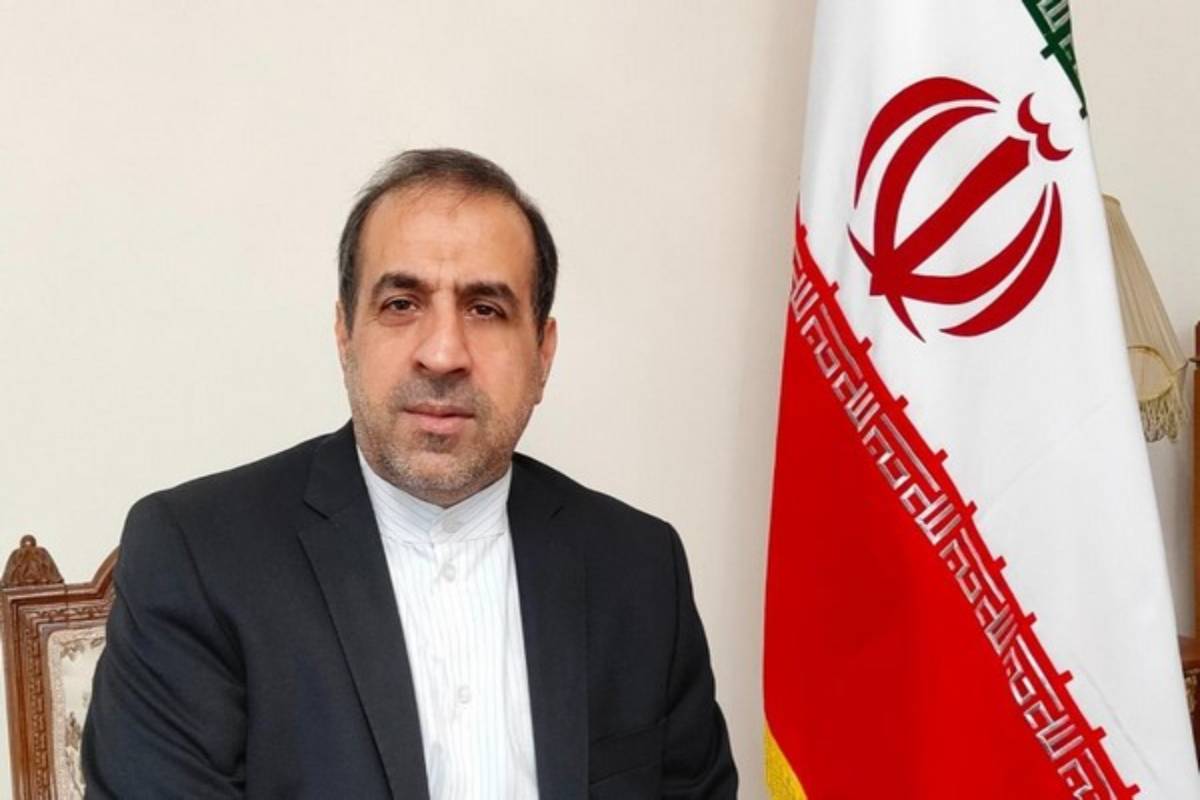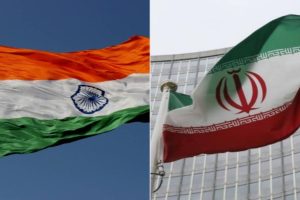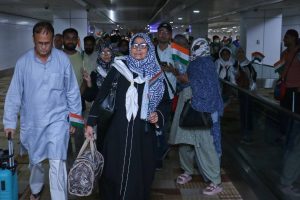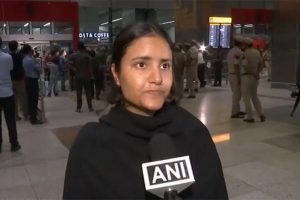Iranian Ambassador Iraj Elahi hailed Chabahar Port as a “golden gateway” for regional connectivity, underscoring its pivotal role in strengthening India-Iran ties through a long-term operational agreement and the International North-South Transport Corridor.
“Our economic cooperation is growing in many sectors. Last year, Iran and India signed a long-term agreement for the operation of Chabahar Port, a crucial link connecting nations along the Indian Ocean with Central Asia and the Caucasus. The cooperation through the International North-South Transport Corridor exemplifies the strong partnership between our two nations,” Elahi said.
The ambassador made these remarks during an event marking the 46th anniversary of the Victory of the Islamic Revolution, which is celebrated as the National Day of the Islamic Republic of Iran.
During his speech, Elahi also celebrated the deep-rooted historical ties between Iran and India, emphasizing that “Iran and India have shared a long history of friendship. The Persian language serves as a key cultural bridge, and it is acknowledged by the Indian government as one of the country’s classical languages.” He highlighted the growing collaboration between the two nations on regional and global matters, including their cooperation in forums like the Shanghai Cooperation Organization (SCO) and BRICS. He also mentioned the recent productive meeting between President Pezeshkian and Prime Minister Modi at the BRICS summit in Russia, which he described as opening a new chapter of cooperation between the two countries.
Reflecting on the legacy of the Islamic Revolution, Elahi acknowledged the early challenges Iran faced but emphasized the progress made across various sectors. “From the outset, the revolution faced numerous hurdles. External forces attempted to impede Iran’s development. However, the Islamic Republic has continued to grow, overcoming adversity, and achieving success, driven by the resilience and determination of the Iranian people,” he said. Elahi also pointed to advancements in fields such as health, education, science, and technology, noting that Iran is now a leader in areas like nanotechnology and biotechnology.
He further highlighted the progress made in women’s education and their increasing involvement in governance. “We have 3.2 million university students, nearly half of whom are women, demonstrating strong female participation and gender equality in higher education,” Elahi said. He also praised the growing representation of women and minorities in government, stating, “The participation of women and minorities in both junior and senior government roles has risen, reflecting our commitment to inclusive governance.”
Elahi also underscored Iran’s growing prominence in global science and technology, noting, “Nearly 10,000 knowledge-based companies have bolstered Iran’s standing in various technological fields. Iran ranks as the second Muslim country in scientific output and is a leading producer of medical isotopes used in the treatment of cancer and neurological diseases.” He also discussed Iran’s achievements in space technology, revealing that “Iranian scientists have successfully launched at least 10 satellites into orbit using domestic expertise.”
The ambassador reiterated Iran’s commitment to safeguarding its national interests and promoting regional peace. “Iran’s foreign policy is centered on protecting national security and expanding economic diplomacy. We are committed to peace and stability in the region through dialogue and cooperation with our neighboring countries,” Elahi emphasized. He also reaffirmed Iran’s strong and unwavering support for Palestine, stating, “For over 70 years, the Palestinian people have endured occupation and suffering, with violations of their basic rights and disrespect for Muslim holy sites. Iran remains steadfast in its support for Palestine’s rights and future.”
On the topic of Iran’s nuclear program, Elahi reiterated that it is purely peaceful and in full compliance with international standards, with ongoing cooperation with the International Atomic Energy Agency (IAEA). He also pointed out the role of the United States in the nuclear deal’s challenges: “It was the United States that withdrew from the Joint Comprehensive Plan of Action (JCPOA), and European nations failed to uphold their commitments.”





